detail profile asao uchida
Peran Yang Di Mainkan Asao Uchida
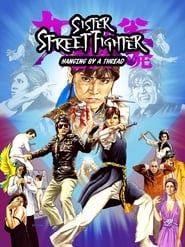 Koryu heads to Yokohama in search...
Koryu heads to Yokohama in search...Sister Street Fighter: Hanging by a Thread 1974
Koryu heads to Yokohama in search of a woman named Birei, kidnapped by diamond smugglers who move their hot rocks by surgically implanting them into the nubile buttocks of Chinese prostitutes. Koryu's older sister, working as a jewelry designer, is secretly, if unhappily, involved with the gangsters.
 Shozo Hirono has managed to separate...
Shozo Hirono has managed to separate...Battles Without Honor and Humanity: Proxy War 1973
Shozo Hirono has managed to separate from the Yamamori family and create his own small family, and extend his circle of acquaintances. These new friendships include a powerful underboss of the Muraoka family, Noboru Uchimoto.
 In the fourth film of the...
In the fourth film of the...Lone Wolf and Cub: Baby Cart in Peril 1972
In the fourth film of the Lone Wolf and Cub series, Ogami Itto is hired to kill a tattooed female assassin and battles Retsudo, head of the Yagyu clan, and his son Gunbei.
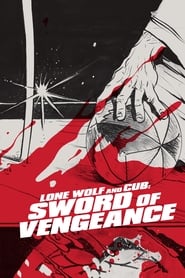 In this first film of the...
In this first film of the...Lone Wolf and Cub: Sword of Vengeance 1972
In this first film of the Lone Wolf and Cub series, adapted from the manga by Kazuo Koike, we are told the story of the Lone Wolf and Cub's origin. Ogami Itto, the official Shogunate executioner, has been framed for disloyalty to the Shogunate by the Yagyu clan, against whom he now is waging a one-man war, along with his infant son, Daigoro.
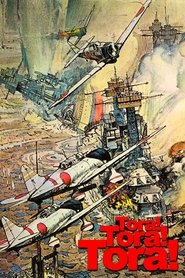 In the summer of 1941 the United...
In the summer of 1941 the United...Tora! Tora! Tora! 1970
In the summer of 1941, the United States and Japan seem on the brink of war after constant embargos and failed diplomacy come to no end. "Tora! Tora! Tora!", named after the code words used by the lead Japanese pilot to indicate they had surprised the Americans, covers the days leading up to the attack on Pearl Harbor, which plunged America into the Second World War.
 Coming out of jail and hoping...
Coming out of jail and hoping...Japan Organized Crime Boss 1969
Coming out of jail and hoping for a quiet life, Yokohama yakuza has to take the lead of his gang after the death of his boss. His small group is is taken in a crossfire between a big yakuza group from Osaka at war with the Tokyo alliance for the control of the city. He tries to keep to the old yakuza code but he is no match for the new thugs who live and fight without honor.
 Ken Ogata plays Shiro Miyagi a...
Ken Ogata plays Shiro Miyagi a...The Sex Check 1968
Ken Ogata plays Shiro Miyagi, a sprinter with Olympic aspirations whose dreams were shattered by WWII. A broken man, he leads the dissolute life of a gigolo until a chance meeting with a fiery young athlete named Hiroko (Michiyo Yasuda). Realizing that she has talent as a sprinter, Miyagi sees a second chance at Olympic glory in becoming her coach. Following Miyagi’s unconventional, military-style training, Hiroko sets a record for the 100-meter dash, but her greatest hurdle proves to be a “sex check” which all professional athletes must pass.
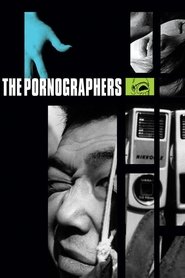 Subu makes pornographic films He sees...
Subu makes pornographic films He sees...The Pornographers 1966
Subu makes pornographic films. He sees nothing wrong with it. They are an aid to a repressed society, and he uses the money to support his landlady, Haru, and her family. From time to time, Haru shares her bed with Subu, though she believes her dead husband, reincarnated as a carp, disapproves. Director Shohei Imamura has always delighted in the kinky exploits of lowlifes, and in this 1966 classic, he finds subversive humor in the bizarre dynamics of Haru, her Oedipal son, and her daughter, the true object of her pornographer-boyfriend’s obsession. Imamura’s comic treatment of such taboos as voyeurism and incest sparked controversy when the film was released, but The Pornographers has outlasted its critics, and now seems frankly ahead of its time.
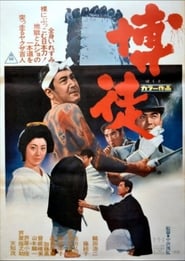 The main character Tachibana Isaburo is...
The main character Tachibana Isaburo is...Gambler 1964
The main character Tachibana Isaburo is released from prison and discovers that his boss is dead. He is offered to become the leader of the group, but refuses. A young fashion villain, a Yakuza boss wants to get into politics. He makes a deal with the Osaka Railway Company, leaving many poor people homeless. Tachibana engages in a fierce battle with villains for the poor.
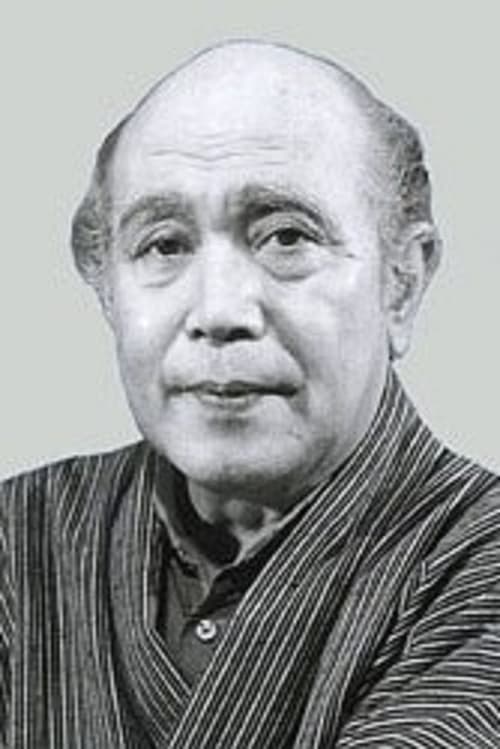
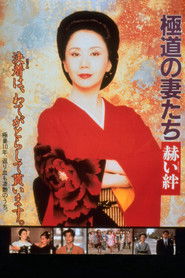 Turbulent life of Kiwa the successor...
Turbulent life of Kiwa the successor...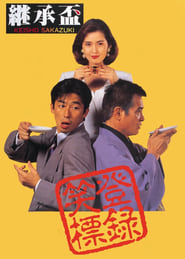 A former stockbrokerturnedyakuza must make sure...
A former stockbrokerturnedyakuza must make sure...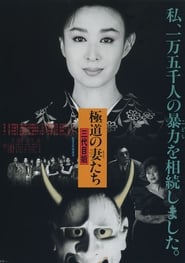 Upon the passing of the Sakanishi...
Upon the passing of the Sakanishi...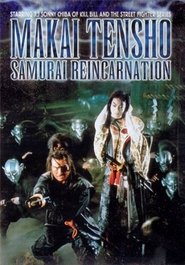 After surviving the slaughter of many...
After surviving the slaughter of many... Li Mansei is a martialarts champion...
Li Mansei is a martialarts champion... While Hirono is in prison his...
While Hirono is in prison his...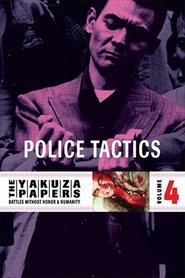 As Japan gears up for the 1964...
As Japan gears up for the 1964... In the teeming black markets of...
In the teeming black markets of...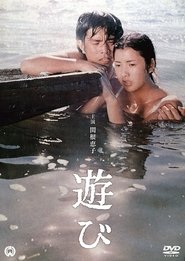 A 16yearold girl works in a...
A 16yearold girl works in a...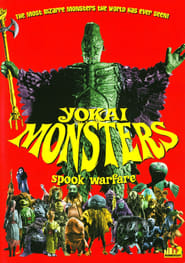 When a Babylonian vampire comes to...
When a Babylonian vampire comes to... The family of an older man...
The family of an older man...